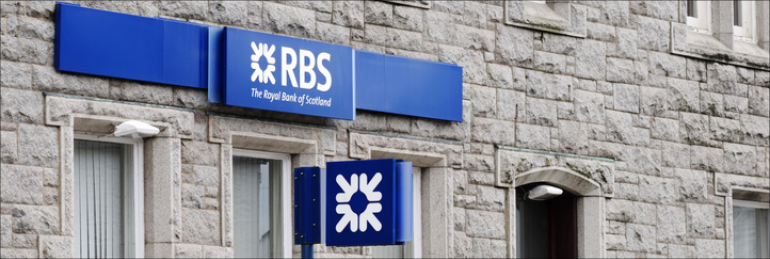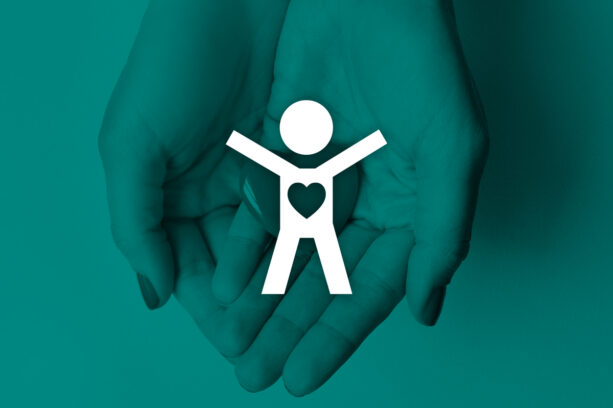EQ weekly roundup 15-8-18

This week’s roundup includes news that RBS has come last in the rankings of customer satisfaction among banks, Turkey has raised tariffs on US imports and UK unemployment has fallen to its lowest since 1975.
This week’s roundup includes news that RBS has come last in the rankings of customer satisfaction among banks, Turkey has raised tariffs on US imports and UK unemployment has fallen to its lowest since 1975.
RBS comes last in customer satisfaction league tables
Fewer than half of Royal Bank of Scotland’s customers would recommend its customer service to friends and family, according to rankings published for the first time.
The Competition and Markets Authority (CMA) has published the figures in a bid to increase competition in the sector.
RBS is joint bottom of the personal banking league table, along with Clydesdale and is also at the bottom for business banking.
A review of retail banking in August 2016 by the competition watchdog ordered lenders to publish customer ratings figures twice a year.
Adam Land, Senior Director at the CMA, said: ‘For the first time, people will now be able to compare banks on the quality of the service they provide, and so judge if they’re getting the most for their money or could do better elsewhere.’
In terms of the overall quality of services, 49% of RBS personal customers would be likely to recommend the bank to friends and family, with Clydesdale also at 49%.
First Direct, which is owned by HSBC, came top with 85% of its customers satisfied.
For business customers, just 47% of those with RBS would recommend the bank in terms of overall service quality. Handelsbanken came top with 84%.
Turkey raises tariffs on US imports
Turkey has sharply raised tariffs on US imports, including passenger cars, alcohol and tobacco.
A decree signed by President Recep Tayyip Erdogan raised the tariffs on cars to 120%, on alcoholic drinks to 140% and on leaf tobacco to 60%.
Tariffs were also increased on cosmetics, rice and coal. Turkey had previously said it would boycott US electronic products.
It comes after the US imposed punitive sanctions on Turkey, causing the country’s weakened currency to plummet.
Explaining the new tariffs, Turkish Vice-President Fuat Oktay said the rises were ordered ‘within the framework of reciprocity in retaliation for the conscious attacks on our economy by the US administration’.
Since January, the Turkish lira has lost more than 34% of its value against the dollar, pushing up the price of everyday items.
UK unemployment at lowest since 1975
UK unemployment fell by 65,000 to 1.36 million in three months to June – the lowest for more than 40 years, official figures from the Office for National Statistics (ONS) show.
They also show a rise in productivity, but a slowdown in wage growth.
Wages, excluding bonuses, grew by 2.7% in the three months to June, compared with a year ago.
The ONS figures also showed the number of European Union nationals working in the UK fell by a record amount.
The fall was the largest annual amount since records began in 1997. It continues a trend seen since the 2016 Brexit vote.
That contrasted with a rise in the number of non-EU nationals working in the UK to 1.27 million – 74,000 more than a year earlier.
The CBI said the size of the UK workforce was shrinking at the same time as vacancies for skills and labour were growing.
Chief executive pay jumps 11%
Chief executive pay rose by 11% last year to almost £4m – much higher than rises for workers, a new report has found.
The rise came despite criticism from investors and government about excessive salaries, the Chartered Institute of Personnel Development (CIPD) said.
The highest total payout was £47.1m for Jeff Fairburn, Chief Executive of housebuilder Persimmon.
According to the CIPD, the median pay for FTSE 100 chief executives was £3.93m last year, up from £3.53m in 2016. That compared with a 2% increase for UK workers as a whole, it said.
The HR industry group also found bosses were paid on average 145 times more than their employees – up from 128 times in 2016.
Tim Roache, General Secretary of the union GMB, said the figures exposed the ‘shocking excess’ in UK boardrooms: ‘We live in a country where company fat cats get paid 400 times more than the dedicated, hard-working carers who look after our nearest and dearest – not to mention hundreds of times more than those who keep our streets clean, or ambulance workers who save lives.’
